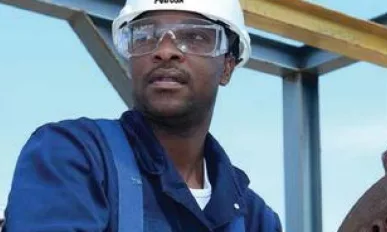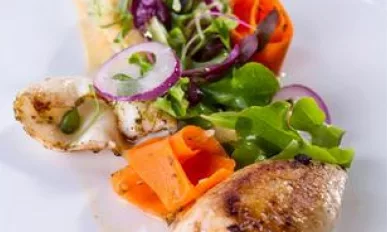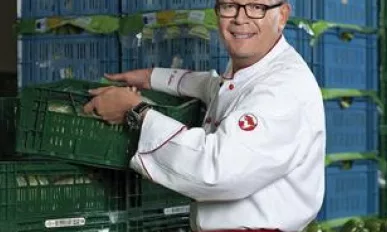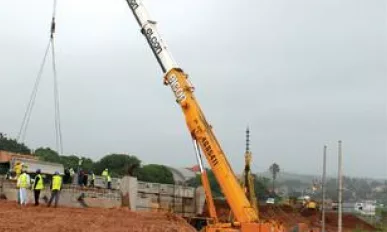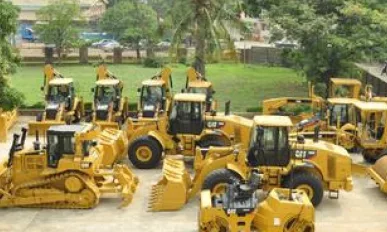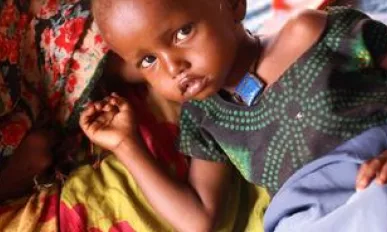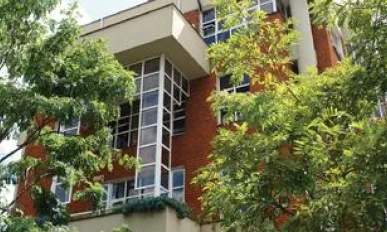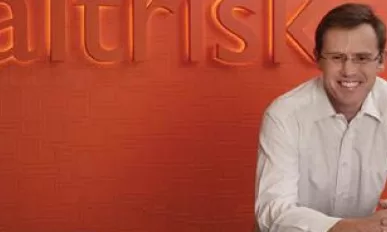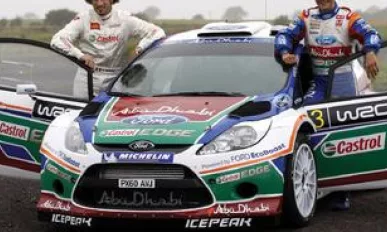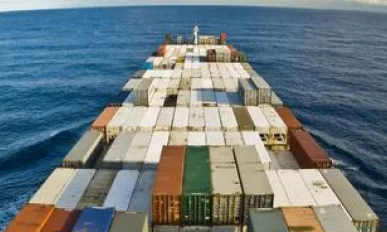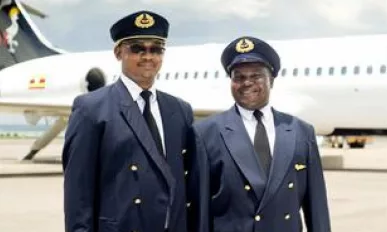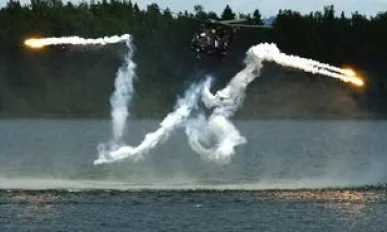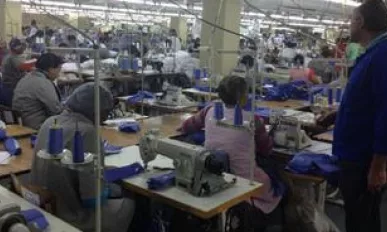Issue 09
PetroSA : South Africa’s National Oil Company
PetroSA continues “to perform admirably”, achieving a R593 million net profit for the 2012/13 financial year.
Unilever Food Solutions : Growth is on the Menu
Unilever Food Solutions helps chefs all over the world “serve tasty, wholesome meals that keep guests coming back for more.”
Symrise : A Winning Taste for Life
Symrise is a global supplier of fragrances, flavorings, cosmetic active ingredients, raw materials and functional ingredients and its clients include manufacturers of perfumes, cosmetics, food and beverages, the pharmaceutical industry and producers of nutritional supplements.
Greenbelt Fertilisers : Eyeing African Expansion
Greenbelt Fertilisers, a 100 percent subsidiary of CHC Commodities, plays a major role in Africa’s farming community. We talk to managing director Robert Coventry.
Concord Cranes : Reaching New Heights
In 2012 Investec facilitated a transaction whereby Concord Cranes Ltd became the holding company of Anglo-V3 Crane Hire and Elcon Crane Hire.
Mantrac Nigeria : Powering Up
Mantrac Nigeria distributes and supports the full range of Caterpillar construction machines, power systems and material handling equipment. We talk to strategic planning and marketing manager James Agama.
Moi Teaching and Referral Hospital : Caring for Kenya
Africa Outlook speaks to Dr John Kibosia of Moi Teaching and Referral Hospital about what it’s like operating Kenya’s second largest referral hospital.
GA Insurance : Poised for Growth
GA Insurance is one of the oldest insurance companies operating in Kenya, underwriting all classes of general insurance, including medical and travel.
Altrisk : Maintaining a Niche Focus
Altrisk is a specialist long term risk product provider whose reputation has been built around superior underwriting expertise.
Crystal Paper Group : Full Flush
Crystal Paper is recognised as being the leading independent tissue paper manufacturer in Africa.
Castrol South Africa : Running Smoothly
Castrol South Africa has been making oil since men have been making cars, using its experience to create a top of the line product.
Helios Towers Nigeria : Towering Above the Rest
Helios Towers Nigeria provides fully-managed tower sites for the telecoms industry in Nigeria. We spoke to CEO Inder Bajaj about keeping Nigeria connected.
Elite Clearing & Forwarding : A Clear Winner
Elite Clearing & Forwarding (Pty) Ltd is an expert international shipping company offering comprehensive logistics & freight solutions.
Air Uganda : The Wings of East Africa
Meridiana Africa Airlines Limited, trading as Air Uganda, is a privately owned airline founded in 2007 in Uganda.
Saab Grintek Defence : Excelling on a Global Stage
Saab Grintek Defence is a South African company with a global reputation.
Kansai Plascon : African Ambitions
Kansai Plascon is a company with expansion on its mind. Already the premier paint company in South Africa, Plascon was purchased by Japanese company Kansai in 2012.
Pep Clothing : The Fabric of a Community
For more than 40 years, Pep Clothing, the manufacturing division of Pepkor, has been clothing South Africa. the company has been dedicated to providing every variety of high quality apparel.



